Not all water is created equal, and understanding the differences between hard and soft water can make a big difference in your home and health. If you’ve ever noticed residue on your dishes or dry, irritated skin after showering, you may be dealing with hard water. In this blog, we’re diving into the world of hard and soft water, and how each can impact your life!
What is Hard Water?
Hard water is water that contains high concentrations of dissolved minerals, primarily calcium and magnesium. These minerals are found in soil and rocks, and can dissolve into groundwater. Hard water does have a tendency to cause limescale buildup in pipes and appliances, and can leave behind spots and streaks on surfaces. It’s estimated that 85% of U.S. households have hard water to some degree. The severity of water hardness will vary from region to region, based on factors such as the type of rock and soil in the area, as well as the source of the water supply.
What is Soft Water?
Soft water, on the other hand, contains low concentrations of dissolved minerals. As a result, it’s able to lather more easily with cleaning products, leaving behind cleaner surfaces and greater cleaning performance. It’s also gentler on skin and hair, leaving them less prone to dryness or irritation.
What’s the Difference?
Water naturally has a variety of minerals such as calcium and magnesium. The primary difference between hard and soft water is the concentration of these minerals in your water supply. Hard water contains high levels of calcium and magnesium ions, which are accumulated as water passes through soil and rock formations. Soft water has low levels of these minerals, as they’ve been removed or reduced through such treatment methods as ion exchange or reverse osmosis.
Is Hard Water Bad for You?
While hard water isn’t considered harmful to your health, it can cause issues with your home’s plumbing and appliances due to the buildup of mineral deposits or limescale, known as scale building. This can make cleaning more difficult by reducing the effectiveness of soaps and detergents.
Many people also find that hard water irritates or dries out their skin and hair. This is due to residue left behind by minerals that strip away natural oils.
So is it bad for you? Well, not necessarily – problematic is probably a better description. If you experience skin irritation or scale buildup, you may want to consider installing a water softener.
How to Test Water Hardness
There are several ways to test your home’s water hardness, including:
Water Hardness Test Strips
Test strips are placed in a water sample and held for a specified amount of time. The color change on the strip will determine the hardness level of your water.
Liquid Water Hardness Test Kit
These kits typically come with a reagent solution which produces a reaction with the water sample. Color changes in the water after stirring in the solution will indicate the hardness level of your water.
Electronic Water Hardness Testers
Also known as TDS (Total Dissolved Solids) meters, electronic water hardness testers provide a digital reading of water hardness. A probe is placed in the water sample, with a digital display showing the water hardness level.
Professional Water Testing
Water samples can be sent to a professional laboratory for testing in a clean, sealed container. The lab will perform various tests, including water hardness, and provide detailed results and recommendations based on findings.
Benefits of Softening Your Water
Softening your water provides a number of benefits, including:
1. Softer and Smoother Skin and Hair
By removing minerals that can leave a residue on skin and hair, you’ll no longer experience\dryness, irritation, or dullness.
2. Extended Appliance Lifespan
Water softening prevents scale buildup in appliances like water heaters and dishwashers, allowing your appliances to operate more efficiently and last longer.
3. Energy Savings
Without scale buildup, appliances like water heaters and dishwashers use less energy, which can lower utility bills.
4. Enhanced Cleaning Performance
Soft water lathers more easily with soap and detergent, reducing residue on surfaces. Your dishes, laundry, and even your body will feel cleaner when washed with soft water.
5. Healthier Plumbing System
Soft water is less likely than hard water to cause corrosion to your plumbing system, helping you maintain the integrity of your pipes and fixtures.
Water Softener Installation & Repair in Northern Virginia
Want to experience the benefits of soft water? Our highly trained experts at Kiddco Plumbing have decades of experience installing and servicing water softeners. For 24/7 plumbing service, or for any Northern Virginia emergency plumbing needs, call us at 703-435-4441.

